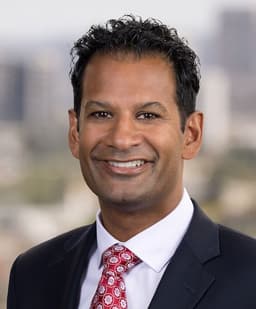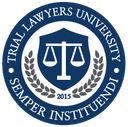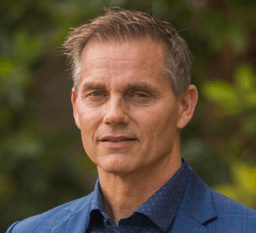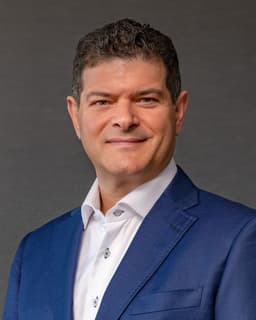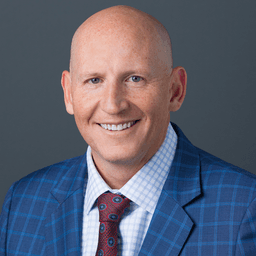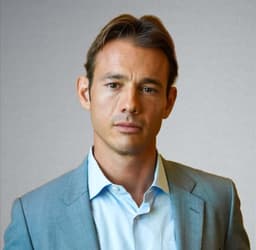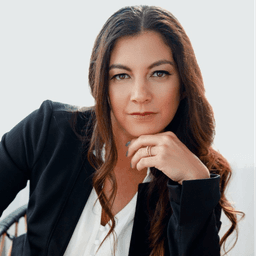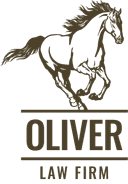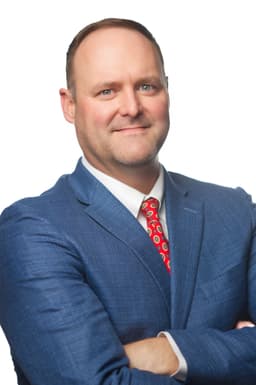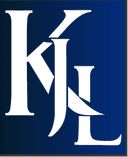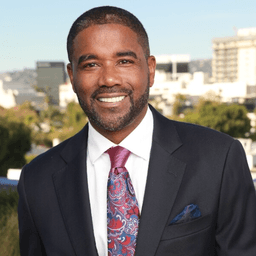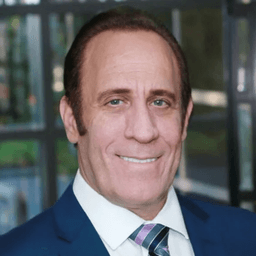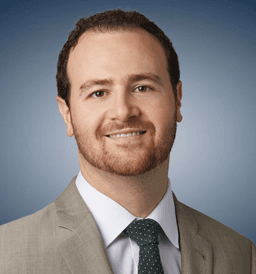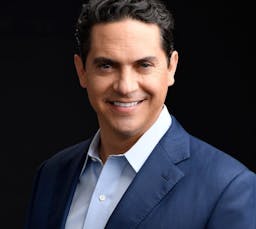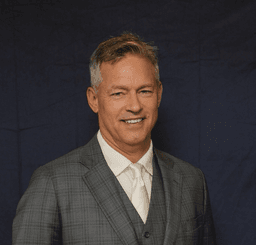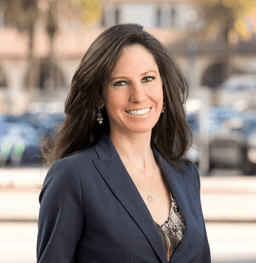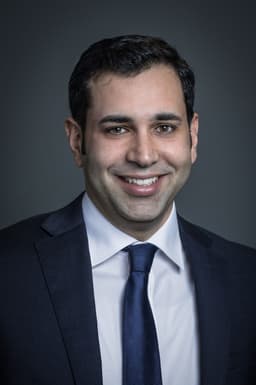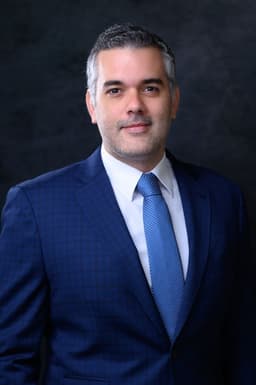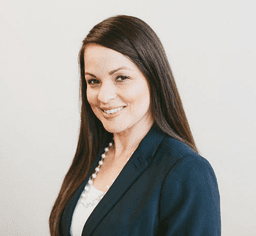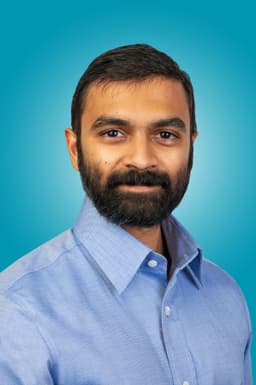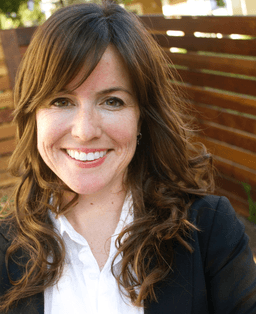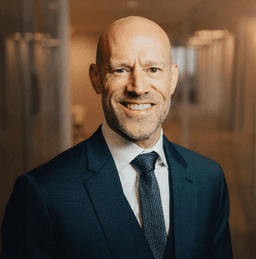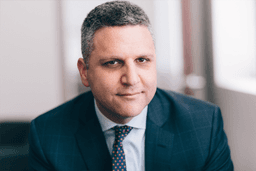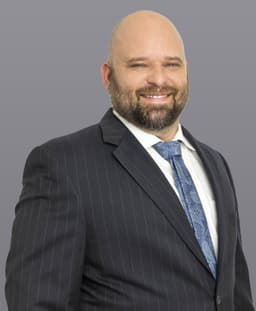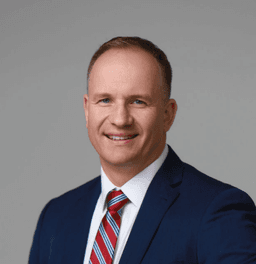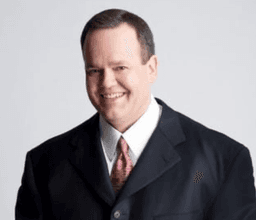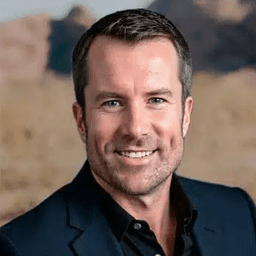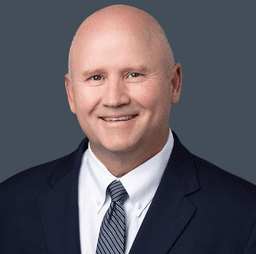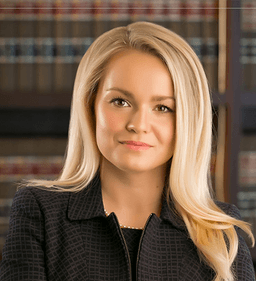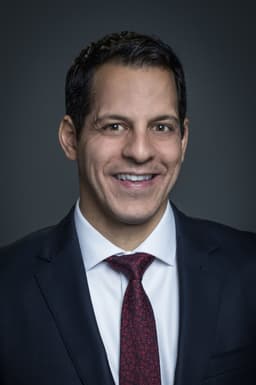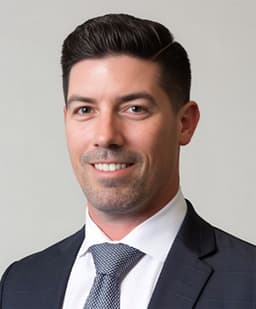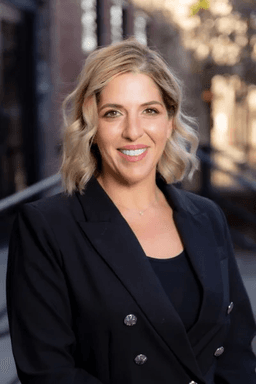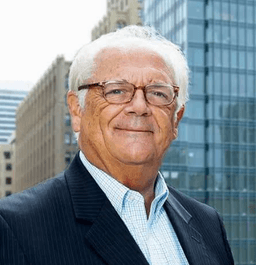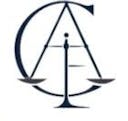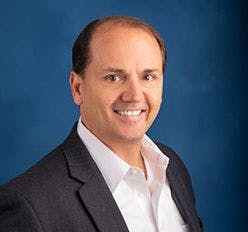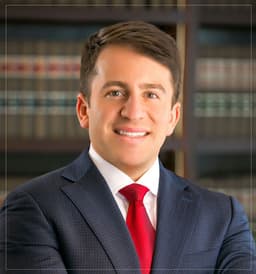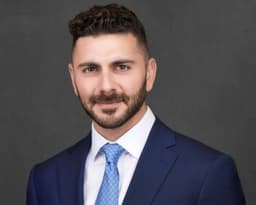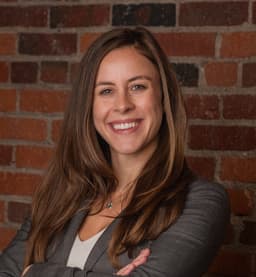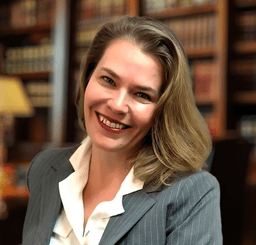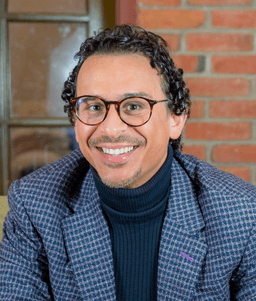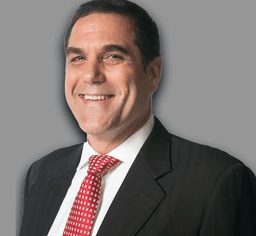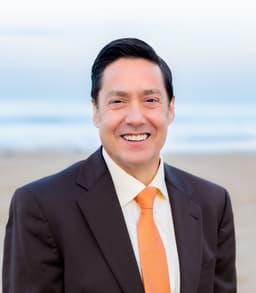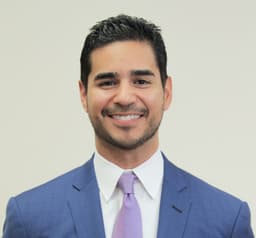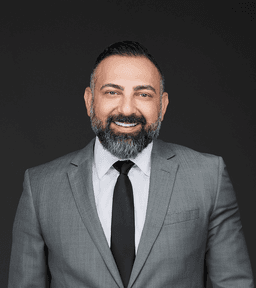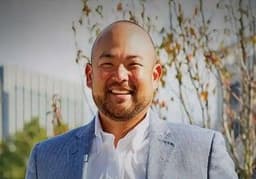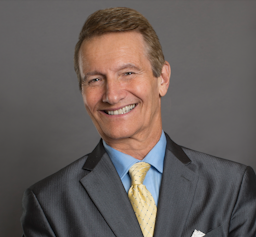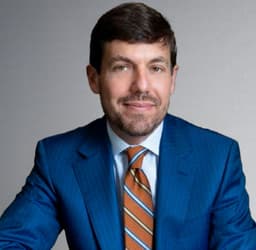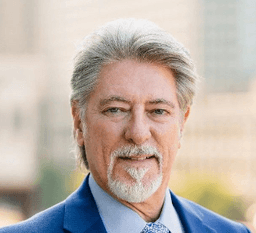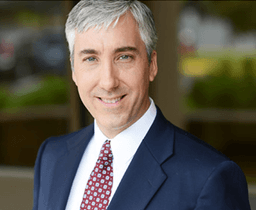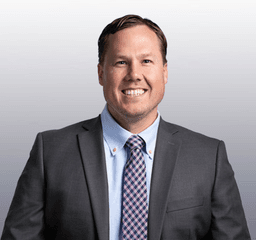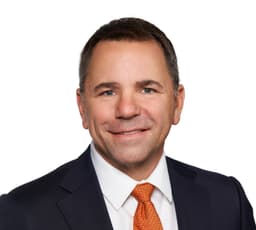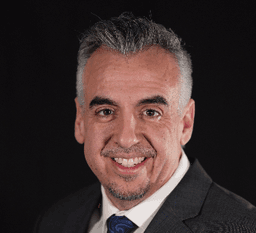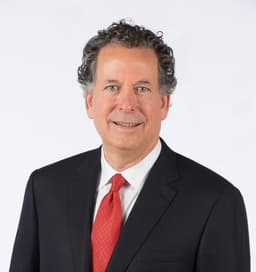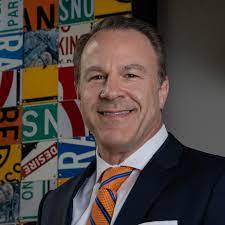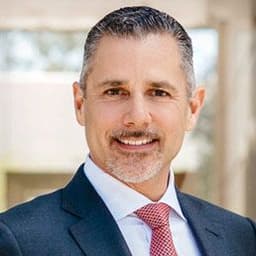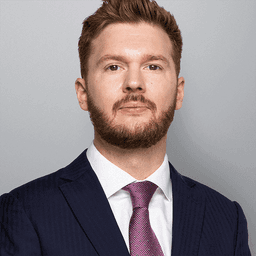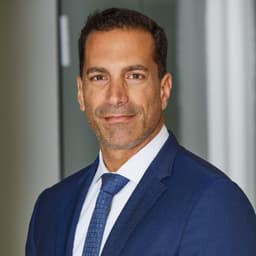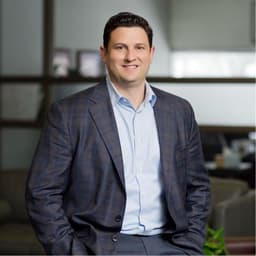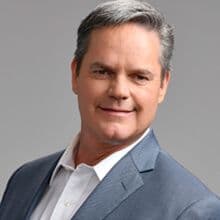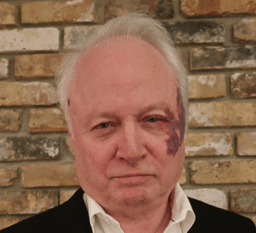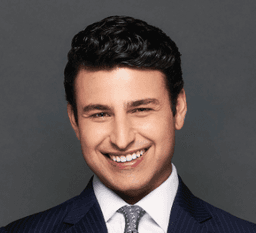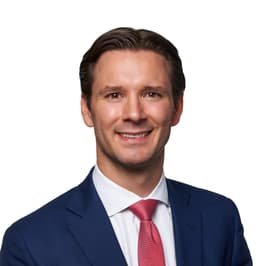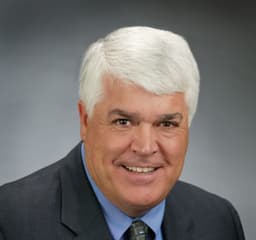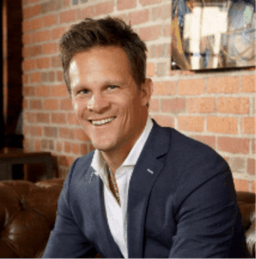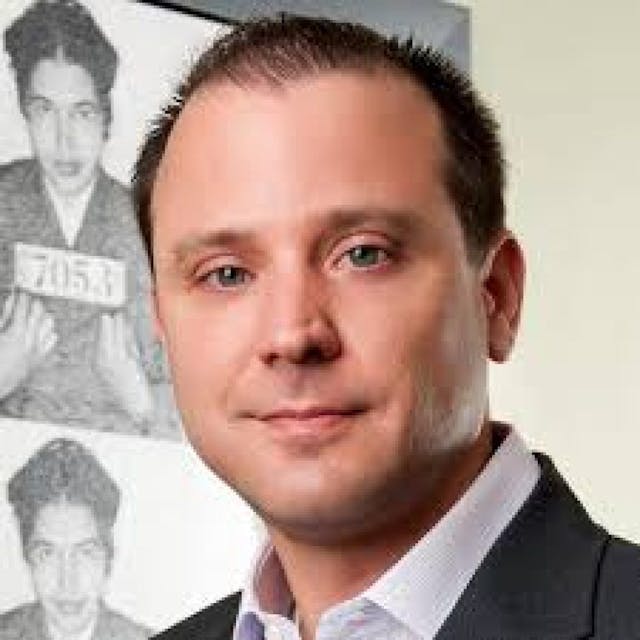David DeRubertis
DeRubertis Law
Bio soon to be updated
TLU Live HB Agenda
Track 1
Breakfast
7:30am - 9:30am
Hosted by
- 9:00a

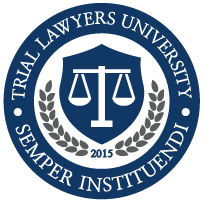 TLU ProfessorLecture Title Soon To Be Announced
TLU ProfessorLecture Title Soon To Be Announced Coffee & Snacks
Hosted by
- 10:15a

 TLU ProfessorLecture Title Soon To Be Announced
TLU ProfessorLecture Title Soon To Be Announced Coffee & Snacks
Hosted by
- 11:30a

 TLU ProfessorLecture Title Soon To Be Announced
TLU ProfessorLecture Title Soon To Be Announced Lunch
Sponsored by
- 2:00p

 TLU ProfessorLecture Title Soon To Be Announced
TLU ProfessorLecture Title Soon To Be Announced Coffee & Snacks
Hosted by
- 3:15p

 TLU ProfessorLecture Title Soon To Be Announced
TLU ProfessorLecture Title Soon To Be Announced Coffee & Snacks
Hosted by
- 4:30p

 TLU ProfessorLecture Title Soon To Be Announced
TLU ProfessorLecture Title Soon To Be Announced
Track 2
Breakfast
7:30am - 9:30am
Hosted by
- 9:00a

 TLU ProfessorLecture Title Soon To Be Announced
TLU ProfessorLecture Title Soon To Be Announced Coffee & Snacks
Hosted by
- 10:15a

 TLU ProfessorLecture Title Soon To Be Announced
TLU ProfessorLecture Title Soon To Be Announced Coffee & Snacks
Hosted by
- 11:30a

 TLU ProfessorLecture Title Soon To Be Announced
TLU ProfessorLecture Title Soon To Be Announced Lunch
Sponsored by
- 2:00p

 TLU ProfessorLecture Title Soon To Be Announced
TLU ProfessorLecture Title Soon To Be Announced Coffee & Snacks
Hosted by
- 3:15p

 TLU ProfessorLecture Title Soon To Be Announced
TLU ProfessorLecture Title Soon To Be Announced Coffee & Snacks
Hosted by
- 4:30p

 TLU ProfessorLecture Title Soon To Be Announced
TLU ProfessorLecture Title Soon To Be Announced
Track 3
Breakfast
7:30am - 9:30am
Hosted by
- 9:00a

 TLU ProfessorLecture Title Soon To Be Announced
TLU ProfessorLecture Title Soon To Be Announced Coffee & Snacks
Hosted by
- 10:15a

 TLU ProfessorLecture Title Soon To Be Announced
TLU ProfessorLecture Title Soon To Be Announced Coffee & Snacks
Hosted by
- 11:30a

 TLU ProfessorLecture Title Soon To Be Announced
TLU ProfessorLecture Title Soon To Be Announced Lunch
Sponsored by
- 2:00p

 TLU ProfessorLecture Title Soon To Be Announced
TLU ProfessorLecture Title Soon To Be Announced Coffee & Snacks
Hosted by
- 3:15p

 TLU ProfessorLecture Title Soon To Be Announced
TLU ProfessorLecture Title Soon To Be Announced Coffee & Snacks
Hosted by
- 4:30p

 TLU ProfessorLecture Title Soon To Be Announced
TLU ProfessorLecture Title Soon To Be Announced
Track 4
Breakfast
7:30am - 9:30am
Hosted by
- 9:00a

 TLU ProfessorLecture Title Soon To Be Announced
TLU ProfessorLecture Title Soon To Be Announced Coffee & Snacks
Hosted by
- 10:15a

 TLU ProfessorLecture Title Soon To Be Announced
TLU ProfessorLecture Title Soon To Be Announced Coffee & Snacks
Hosted by
- 11:30a

 TLU ProfessorLecture Title Soon To Be Announced
TLU ProfessorLecture Title Soon To Be Announced Lunch
Sponsored by
- 2:00p

 TLU ProfessorLecture Title Soon To Be Announced
TLU ProfessorLecture Title Soon To Be Announced Coffee & Snacks
Hosted by
- 3:15p

 TLU ProfessorLecture Title Soon To Be Announced
TLU ProfessorLecture Title Soon To Be Announced Coffee & Snacks
Hosted by
- 4:30p

 TLU ProfessorLecture Title Soon To Be Announced
TLU ProfessorLecture Title Soon To Be Announced


